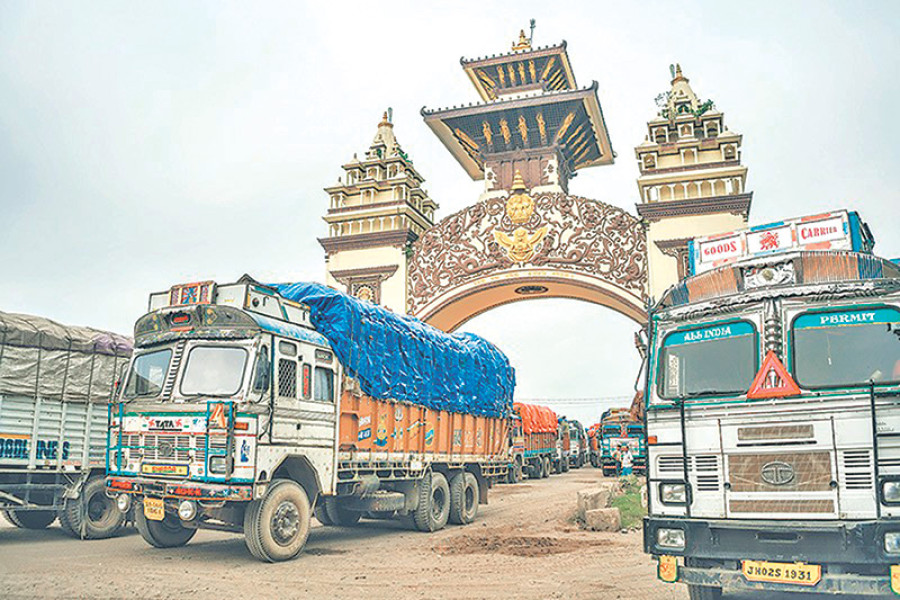Money
Cement factories change route to import clinker
Cement factories located in Bara-Parsa Industrial Corridor have started importing clinker from Narayanpur railway station in India after locals of Raxaul barred movement of the raw material citing growing pollution and resultant health hazards.
Shankar Acharya
Cement factories located in Bara-Parsa Industrial Corridor have started importing clinker from Narayanpur railway station in India after locals of Raxaul barred movement of the raw material citing growing pollution and resultant health hazards.
Narayani Cement and Shalimar Cement have already initiated the process of bringing in clinker from Narayanpur railway station, located at a distance of around 150 km from Raxaul. The cement factories said their consignments have already arrived at the station and are preparing to transport them to Birgunj.
Recently, Ambe, Reliance, Advance and International cement factories have also initiated the process of importing clinker via Narayanpur railway station, according to Madhav Rajpal, secretary of Birgunj Chamber of Commerce and Industry.
The use of alternate route to import clinker has provided some respite to cement factories, which are facing acute shortage of the raw material since the imports from Raxaul came to a halt. “But this has raised our production cost, as we are paying additional Rs2,000 to Rs2,200 to transport per tonne of clinker,” said Umesh Chandra Thakur, managing director of Narayani Cement.
Thakur said his cement factory had to look for alternative route to import clinker out of compulsion.
“Cement factories located in Bara-Parsa Corridor waited for the government to resolve the problem. But since we did not see any sign of resumption in import of clinker via Raxaul, we had to take the move,” he said. “Otherwise, we would have to shut down our factories.”
Imports of clinker from Raxaul, an Indian town located on Nepal-India border, came to halt from December 22 after locals complained about air pollution and health hazards. Since then Nepali government officials have held talks with Indian authorities to find ways to resolve the stalemate, but the meetings ended inconclusively.
Around that time, the dry port located in Birgunj had allowed traders to use its facility to bring in clinker and other raw materials used in production of cement. But the government prevented the dry port operator from doing so after locals of Birgunj complained about pollution.
This had left 13 cement factories in Bara-Parsa corridor high and dry, preventing them from operating their plants at full capacity.
Most of the cement factories in the corridor fully depend on India for raw materials like clinker, coals, gypsum and fly ash. The raw materials are transported to Nepal from Odisha, Madhya Pradesh and Assam.
A few cement factories located in the corridor, such as Shalimar, produce clinker on their own. But the quantity of the raw material they produce is very small.
Clinker imports have lately gone up in Nepal due to jump in demand for cement, as post-earthquake reconstruction works and other construction activities have started gathering pace. But Nepal will not have to rely on Indian clinker forever because the country has a huge deposit of limestone. Lately, foreign companies have started eyeing these deposits and are investing in Nepal to extract the mineral.




 9.6°C Kathmandu
9.6°C Kathmandu















